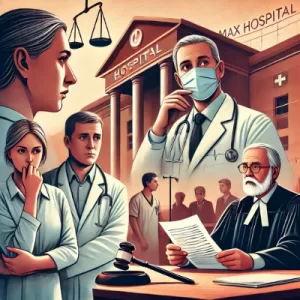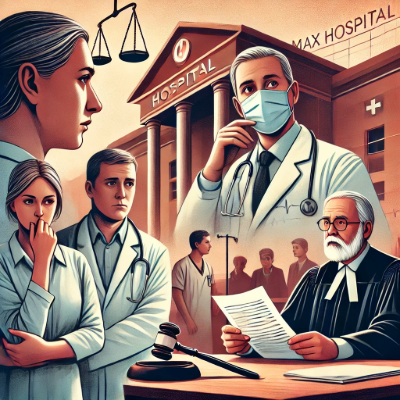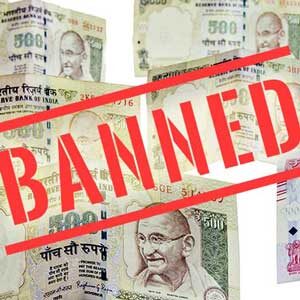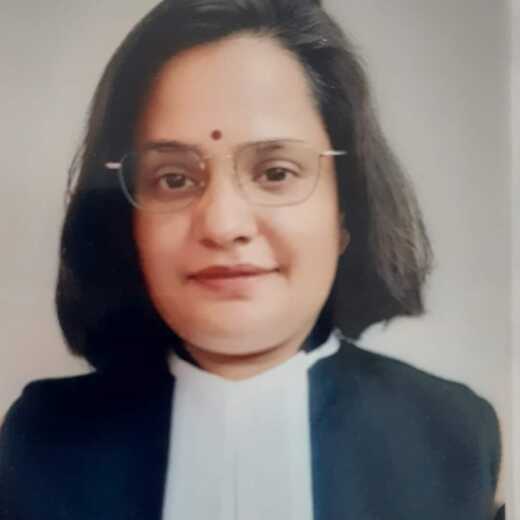
High Court of Delhi Upholds Verdict in Medical Negligence Case: Shiv Kumar vs. National Medical Commission & Ors.

The Delhi High Court recently delivered a significant judgment in the case of Shiv Kumar vs. National Medical Commission & Ors., pronounced on December 20, 2024. Presided over by Hon’ble Justice Sanjeev Narula, the case revolved around allegations of medical negligence at Max Super Speciality Hospital, Patparganj, Delhi, resulting in the demise of the petitioner’s wife, Late Smt. Kamini Gupta. This landmark ruling not only addresses complex issues of medical ethics but also underscores the judiciary’s restrained approach in cases requiring specialized medical knowledge.
Background of the Case
Shiv Kumar, the petitioner, brought forth allegations of medical negligence and professional misconduct against the hospital and its doctors. His wife, diagnosed with Systemic Lupus Erythematosus (SLE), was admitted to Max Hospital in October 2016. Despite assurances of ICU availability, the petitioner claimed his wife faced delayed medical interventions, inadequate care, and excessive dosages of medication, ultimately leading to her demise. Dissatisfied with prior findings by the Delhi Medical Council (DMC) and the National Medical Commission (NMC), the petitioner sought relief under Article 226 of the Constitution of India.
Key Contentions
The petitioner raised several allegations:
- Lack of ICU availability despite prior assurances.
- Delayed administration of prescribed medication and diagnostic tests.
- Inadequate supervision by senior doctors.
- Excessive administration of FENTANYL, contributing to his wife’s deteriorating condition.
The petitioner sought punitive action against the doctors involved and compensation for mental and physical harassment.
Findings of the Court
The Court meticulously examined the evidence, medical records, and prior rulings by the DMC and NMC. Here are the key observations and conclusions:
ICU Availability and Emergency Care: The Court acknowledged the dynamic nature of ICU admissions and noted that the patient received immediate attention in the Crash Room, equipped with ventilator support. The absence of an ICU bed was deemed non-negligent.
Alleged Delay in Medical Interventions: Medical records indicated continuous assessments and interventions from the time of admission. The Court emphasized that treatment priorities are governed by clinical necessity, not family expectations.
Excessive Dosage of FENTANYL: The Court deferred to the expertise of medical professionals and the peer-review findings of the NMC, which concluded that the dosage was appropriate given the patient’s critical condition.
Supervision by Senior Doctors: While the DMC highlighted lapses in referring the patient to senior consultants, the hospital had since implemented corrective measures. The Court found no basis to hold individual doctors personally culpable.
Procedural and Ethical Considerations: Allegations of procedural lapses during DMC proceedings were addressed at the appellate stage by the NMC. The Court observed that the petitioner’s dissatisfaction did not amount to proof of negligence or misconduct.
Court’s Analysis and Verdict
Justice Narula reaffirmed the principle from the landmark case of Bolam vs. Friern Hospital Management Committee: a doctor is not negligent if their actions align with standards of a reasonably competent practitioner. The Court underscored that judicial interference is unwarranted unless the decisions of expert medical bodies exhibit arbitrariness or perversity.
In this case, the DMC and NMC had conducted thorough investigations and found no credible evidence of gross medical negligence. The Court dismissed the petition, emphasizing that the loss, though deeply tragic, was not attributable to any professional misconduct by the respondents.
Implications of the Judgment
This ruling serves as a precedent in balancing judicial oversight with deference to medical expertise. It highlights the importance of structured peer reviews and the role of regulatory bodies in addressing allegations of medical negligence.
Conclusion
The Shiv Kumar vs. National Medical Commission & Ors. judgment reinforces the judiciary’s commitment to fairness and objectivity in medical negligence cases. While the petitioner’s loss is deeply empathetic, the Court’s decision underscores the complexity of medical care and the challenges in adjudicating such sensitive disputes.
READ JUDGEMENT HERE
Shiv_Kumar_vs_National_Medical_Commission_Ors_on_20_December_2024








